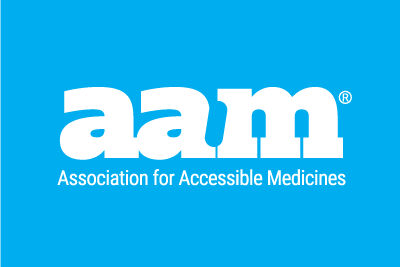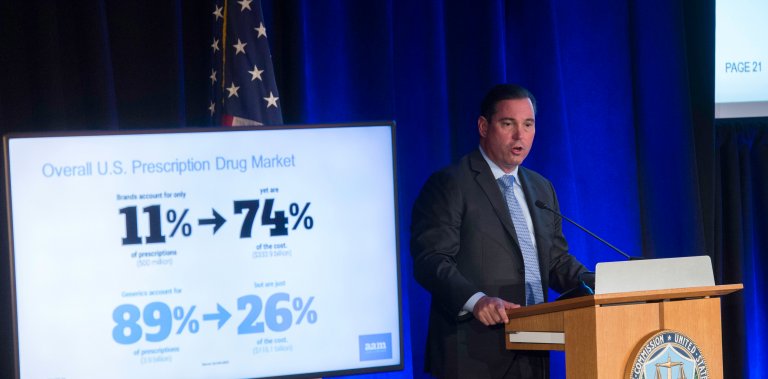Dr. Scott Gottlieb, Commissioner of Food and Drugs, has adopted a bold stance on behalf of patient access to affordable medicines. In particular, he is targeting REMS abuse — by which some bad actors prevent generic firms from purchasing the doses of a branded drug that they need to run their studies — for the way it undermines the sustainable competition necessary for FDA-approved generic drugs and biosimilars to reach patients.
On November 8, the Federal Trade Commission held a workshop titled “Understanding Competition in Prescription Drug Markets: Entry and Supply Chain Dynamics.” The purpose was to solicit public comment on the following questions:
- Do generic drug manufacturers have sufficient incentives to enter markets where the brand drug is off-patent? Do policymakers or market participants have a role in providing incentives to encourage entry decisions that better align with the public interest?
- Some report strategies to reduce generic drug competition when the branded drug is off-patent. Are these reports accurate? If so, what steps are taken to reduce competition? If not, are there other reasons why generic entry is not seen as robust? What can be done?
- What role do intermediaries, such as pharmacy benefit managers (PBM) and group purchasing organizations (GPO) play in prescription drug pricing, consumer access and quality? What are the benefits and costs of intermediaries in the pharmaceutical supply chain? Has consolidation affected price, access or quality?
- How do companies assess the benefits, costs and risks of contracting with intermediaries? How well do consumers understand intermediaries’ roles? Is more information necessary?
- How should stakeholders evaluate proposals to reduce drug prices and increase consumer access in prescription drug markets? What role can the FTC play in addressing these issues?
Commissioner Gottlieb used sharp language to characterize the way some brand pharmaceutical companies are preventing competing FDA-approved generic medicines from coming to market. We think his remarks are worth quoting at length.
"Our economic model, which rewards highly innovative drugs with the opportunity to hold monopolies for a limited period of time through patents and exclusivities, and to freely price their products to a measure of the value that a transformative drug offers also depends on the generic approval process working as intended. It depends on the ability to have rigorous and vigorous competition once those patents and exclusivities have lapsed. Our system would not have functioned so well for so long without this carefully crafted balance between access and innovation.
And so, if innovators want the current structure to continue to work but they actively prevent certain parts of that system from functioning as Congress intended, then at some point, I think they’ll find more advocacy for moving away from this incentive-based model. I don’t want to see that day come because I’m convinced that this model – one that was the result of careful compromise – properly balances rewards for innovation with eventual competition and increased access. It’s worked for decades and as a result Americans have the most productive and innovative life science sector in the world. But it has to continue to work and that means that it must work at both ends of the marketplace. The end where highly innovative drugs are developed and rewarded, and also at the other end where those medicines face brisk competition once their patents and exclusivities have lapsed.
So my message is this: end the shenanigans.
REMS abuse needs to stop. Drug makers use of restrictive agreements with the pharmaceutical supply chain intermediaries, like specialty pharmacies, to frustrate or block the sale of branded drugs to a generic firm needs to stop. These tactics are unfair and exploitive practices, and they are in direct conflict to our broader public health goals. They frustrate the generic drug regulatory system that Congress created and that Americans depend on for FDA to execute."
AAM President and CEO Chip Davis, who presented as part of the FTC’s first panel on competition, said the best option is for Congress to pass the CREATES Act (S. 974/H.R. 2212). It’s time to level the playing field and save patients billions in lower drug costs.
By Erica Klinger, AAM Marketing Director




